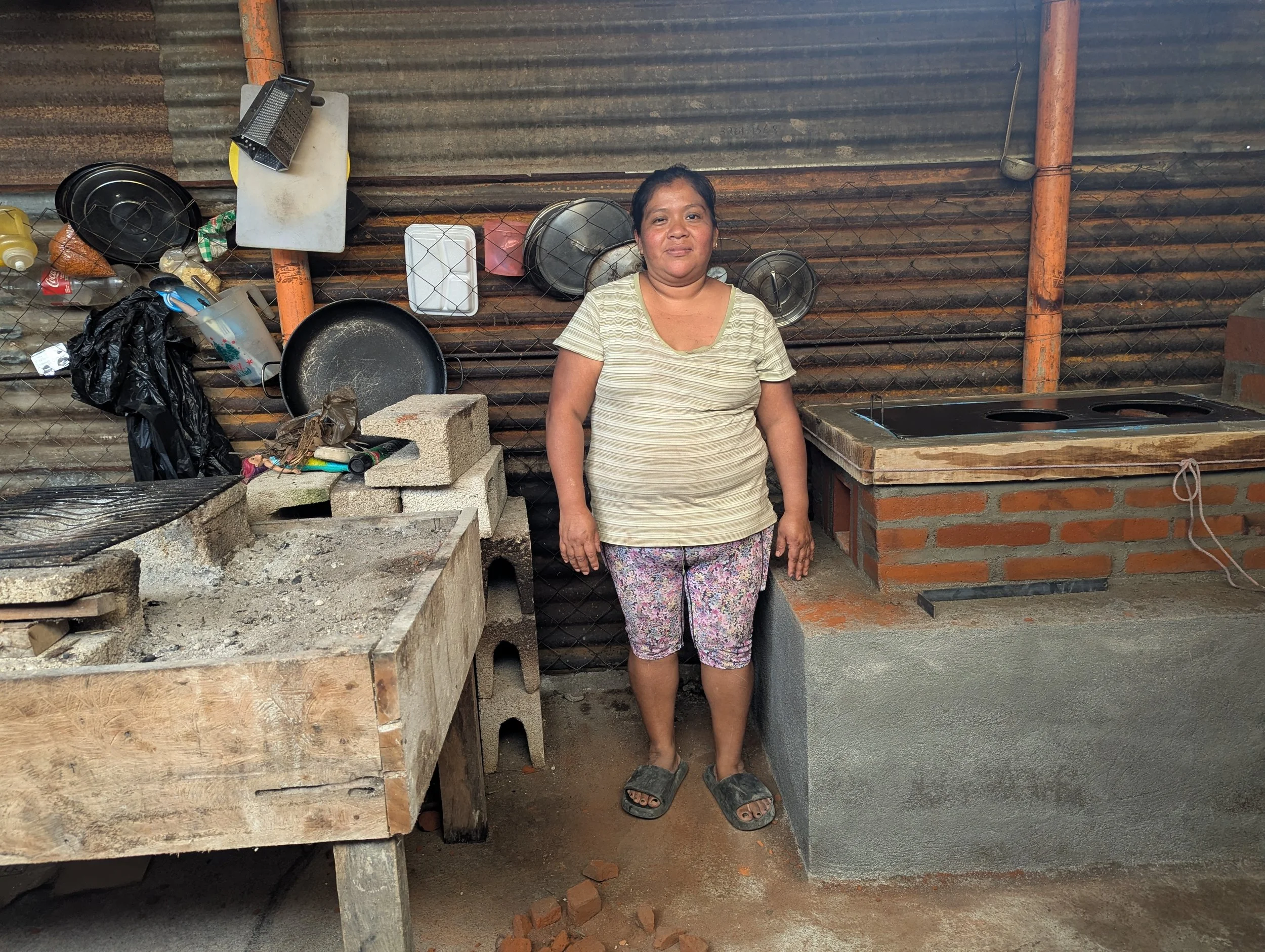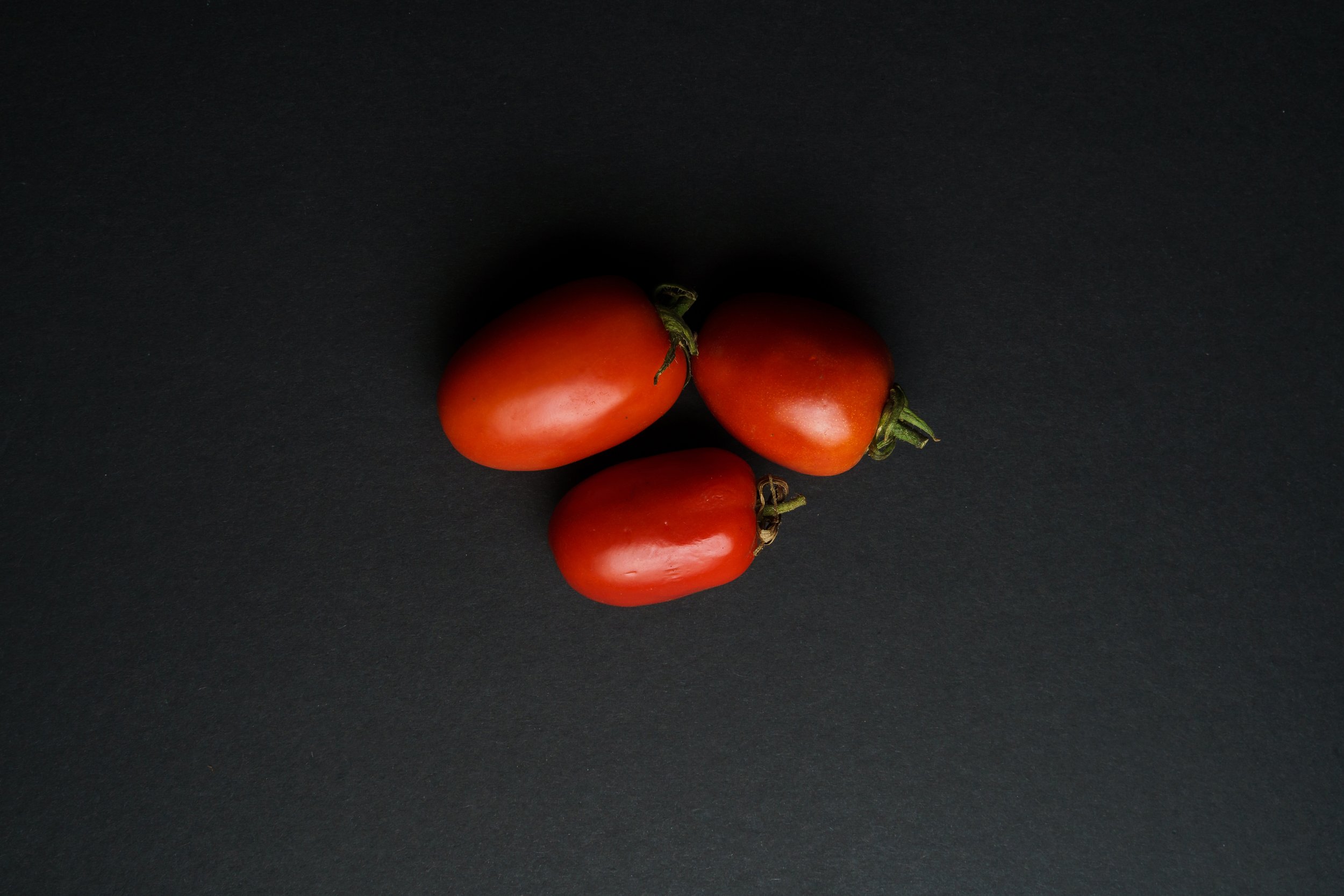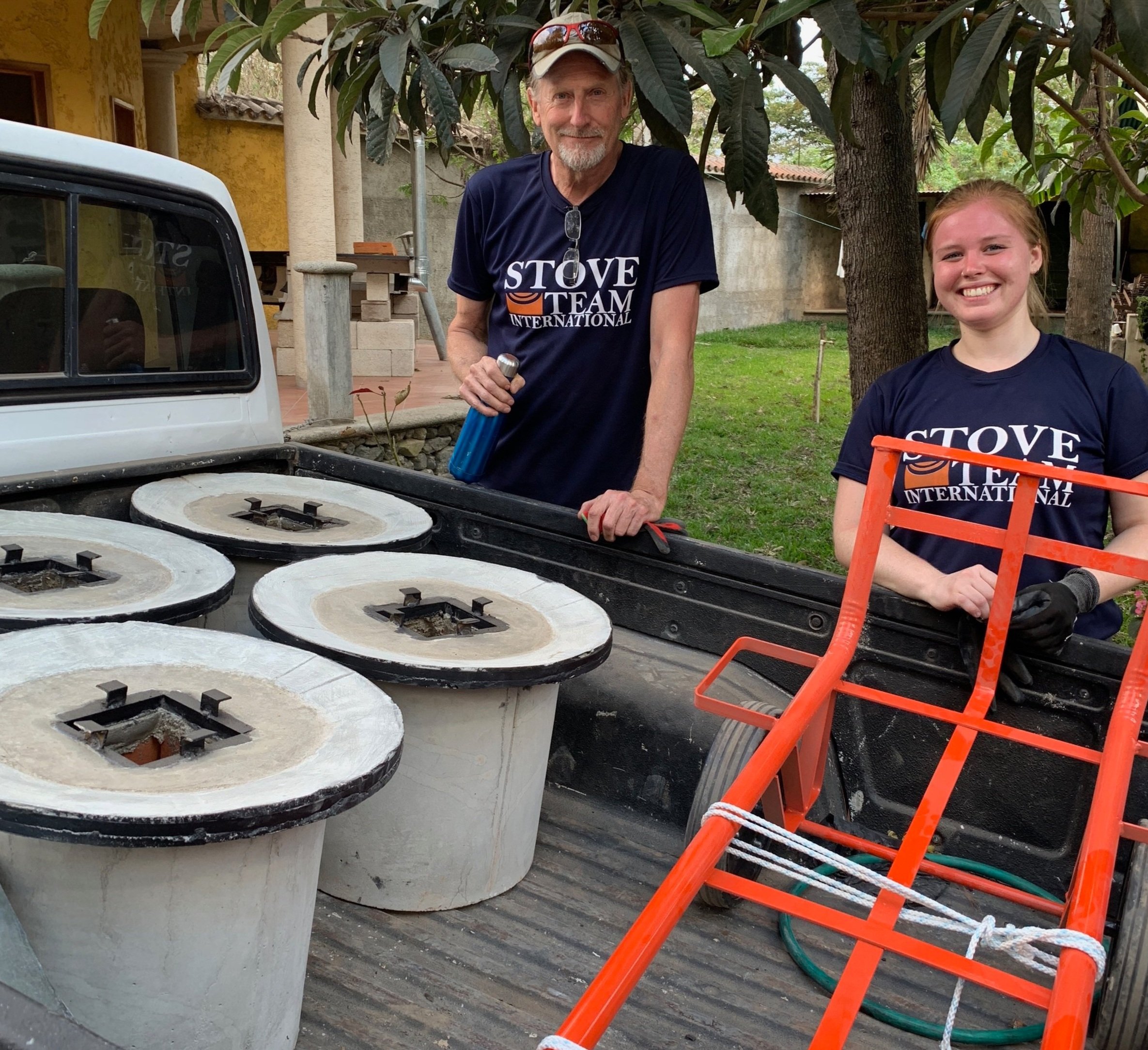Grateful for So Much
Dear StoveTeam family,
This Thanksgiving morning, I’ve been given a rare gift: a quiet moment to pause and reflect. I am living in Ecuador now, which means missing out on celebrating U.S. Thanksgiving. As I find myself far from my family and friends, I am missing “home,” yes—but more than anything, I’m feeling an overwhelming sense of gratitude.
In just two weeks, something very special is happening in my life: my daughter is bringing my 82-year-old mom from the U.S. to Ecuador to try out living with me here. This upcoming reunion, combined with my recent trip to visit StoveTeam projects in Guatemala, has me full of emotion on this day dedicated to gratitude.
And truly—I have so much to be grateful for.
Champions In Action
I just returned from Guatemala after one of the most meaningful field visits I’ve ever had.
Earlier this year, a remarkable group of Rotarians from Rotary District 5100, led by Tamara Kaufman, mobilized their networks to raise funds for 70 stoves in Nuevo Palmar, our newest project in the department of Quetzaltenango, Guatemala. In an extraordinary show of commitment, they raised more than $17,500 in just over two weeks.
I had the honor of traveling with several members of this group, along with another extraordinary woman, Steffanie Rivas—whose 2020 effort launched StoveTeam’s project in Retalhuleu, now our largest initiative with over 1,900 stoves placed.
Together, we visited the families whose stoves Rotarian generosity made possible. During this trip, I watched a transformation take place. Before the trip, the Rotarians were committed and curious. But after meeting the families, talking with our stovebuilders, sharing meals, and hearing firsthand the stories behind the work—they became champions.
I was pleased to learn this week that an effort is now underway for another district grant to bring even more stoves to more families.
This is what CHAMPIONS look like—StoveTeam builders and staff, listmakers from the community who sign up participants to receive stoves, and Rotarians from White Salmon-Bingen Rotary Club, Rotary Club of Winder, Georgia, West Salem Rotary Club, and Portland PNG Rotary.
The Work Is Hard — But It Changes Lives
Since returning home, I’ve found myself missing Guatemala deeply: the communities, the volcanoes, the children—but especially our hardworking team.
Throughout the trip, the Rotarians continually expressed admiration for our stovebuilders. They noted their skill, perseverance, and resilience in the face of constant challenges. Since living in Ecuador, I’ve been working hard on my Spanish, and for the first time I was able to confidently discuss our projects and challenges—and share the visitors’ heartfelt appreciation—directly with my team, in my own words. Watching the guys’ faces light up with pride as they heard the recognition was simply priceless.
Building stoves is not glamorous work. The work is manual and tough. It’s hot and humid. It’s often frustrating—roads are washed out, the traffic is terrible, and the days are long. And yet, every day, this team of ten men—led by one fiercely capable woman, StoveTeam’s Guatemala Country Director, Waleska Santos—shows up with good humor, precision, and unwavering dedication to build safe, beautiful stoves for families. Watching their evolution over these last years has been truly inspiring and one of my greatest joys.
Leadership in Action: Team meeting with Waleska Santos, our Guatemala Country Director, and José Manuel Alvarez, M&E Coordinator.
The Story I Can’t Stop Thinking About
During the visit, the Rotarians rolled up their sleeves and helped build stoves under the careful guidance of our master stovebuilders. There were plenty of laughs, some good-natured teasing when measurements were off, and a whole new appreciation for how tough this work truly is.
At the end of the day, we were happy to show off Liliana’s nearly completed stove built by Steffanie and Laura, under the watchful eye of one of StoveTeam’s longest employees, Klisman Lopez.
While Steffanie and Laura were working, I found myself talking with Liliana, the woman receiving the stove. Liliana graciously gave me permission to share her story—a story that lies at the heart of why we do this work. What she shared with me was deeply personal—and heartbreaking.
The Health Impact of Open-Fire Cooking
Liliana’s mother died from lung and heart disease brought on by a lifetime of breathing smoke from an open cooking fire.
Liliana spoke to me about the daily realities of open-fire cooking, and the shame and heartbreaking injustice of poverty: trying to hide the truth from a doctor who had ordered the family to stop cooking over an open fire; knowing something is dangerous but not having the means to change it; not being able to afford healthcare to treat decades of smoke-related damage; and finally, the hope that emerges when a family begins to hear whispers in the community about an affordable stove with a chimney that would remove the smoke from their living space.
Liliana’s mother lived long enough to see excitement ripple through the village as new affordable stoves arrived—but not long enough to benefit from one herself.
Liliana generously recorded her story. I hope you will take a moment to listen. It is powerful. It is heartbreaking. And it is full of hope.
Today, Liliana’s family cooks on their new Justa stove. At a cost of around $250, one stove has now changed the trajectory of her entire family. Liliana’s sister also received a new stove. The two sisters now have the chance to raise their children in a smoke-free environment, avoiding the fate of their mother, who died from complications caused by a lifetime of smoke inhalation.
Liliana and her son will no longer breathe smoke every day.
A Personal Gratitude
Every time I leave my desk and step into the field, the gravity of our work hits me like a weight. The need is immense. The realities are stark. The impact of something simple—something beautiful—like a stove is profound. It transforms lives.
This Thanksgiving, as I wait and prepare for my own mom to arrive, I cannot stop thinking about Liliana’s story, and I cannot help imagining my own family in her situation.
Today, I feel so blessed to have StoveTeam in my life: for the perspective this work gives me; for the friendships it has brought into my life; for the champions who have joined us, and those who have stood by us through all the twists, turns, and evolution; and for a U.S. and Guatemalan team that works harder every day than they should because they feel this mission so deeply.
On This Giving Tuesday
I am also grateful to you, our supporters—because all of you make our work possible. Stories like Liliana’s are why we continue.
Thank you for believing in StoveTeam’s mission.
Thank you for caring about families you may never meet.
Thank you for helping build stoves that save lives, protect children and elders, and open doors of opportunity for women, men, and entire communities.
If you are able, I invite you to make a Giving Tuesday gift so we can continue placing stoves in communities like Nuevo Palmar—so more families like Liliana’s can cook safely, breathe cleanly, and live longer, healthier lives.
From the bottom of my heart, thank you.
Liliana with her old and new stove. What a transformation a new stove can make. This is what HOPE for the future looks like.






























